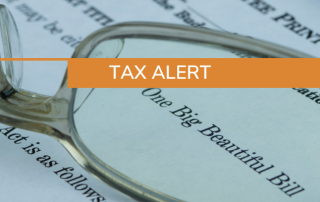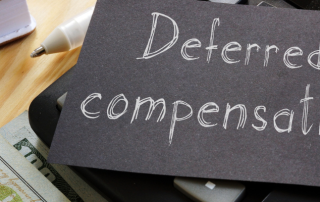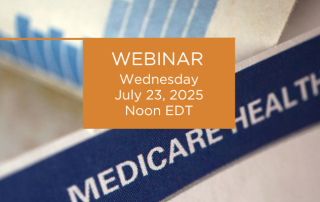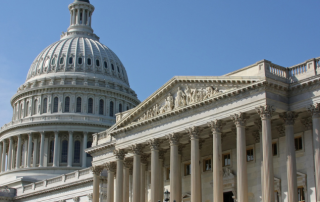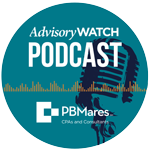Key Tax Changes in the One Big Beautiful Bill
What’s in the One Big Beautiful Bill? Signed into law on July 4, 2025, this sweeping legislation includes more than 100 tax provisions. It builds on the Tax Cuts and Jobs Act (TCJA), modifying and in some cases permanently extending key provisions. The bill aims to update the tax code, stimulate business investment, and introduce new benefits for individual taxpayers. It also accelerates the phaseout of several clean energy incentives.
Mid-Year Construction Update: Market Dynamics and Key Sector Performances
At midyear, the construction market is a mix of strength and uncertainty. While sectors like data centers are seeing strong demand, policy shifts, cost pressures, and labor shortages are affecting project planning across the board. Contractors are staying focused on adaptability and long-term strategy as they respond to changing conditions.
Why Life Insurance Matters for Real Estate Investors
Being an investor in real estate requires a great deal of skill, including identifying potential investment opportunities, planning for capital investment, and maintaining properties over time. For high-net-worth investors whose estate values exceed the lifetime exclusion amount, this can lead to substantial exposure. Learn what unique financial challenges and opportunities investors should consider for wealth management and estate planning strategies.
Owner-Only Deferred Compensation Plans: Structuring tips so they are Allowable, Compliant, and Smart?
If your company has cost-reimbursable contracts, performs work under CAS-covered awards, or submits indirect rate proposals, you should understand the full scope of regulations that apply. Learn what you should consider.
Webinar | Avoiding Medicare Mistakes in Retirement
This presentation will demonstrate the importance of integrating Medicare strategy into your retirement plan. Join PBMares Senior Wealth Advisor, Daniel Yoo, and Margo Steinlage Kreider, J.D., of Steinlage Insurance Agency.
Key Differences Between House and Senate Tax Proposals
As of June 23, 2025, the Senate Finance Committee have released its version of the tax bill, aiming to match up with the House’s proposal that passed in May. Both versions extend major parts of the 2017 tax law and update certain business and individual tax breaks. But they take different approaches, and there are still some big differences to work through before anything becomes final. For taxpayers, it’s important to understand what each version includes in order to plan ahead, take advantage of new opportunities, and stay compliant.


